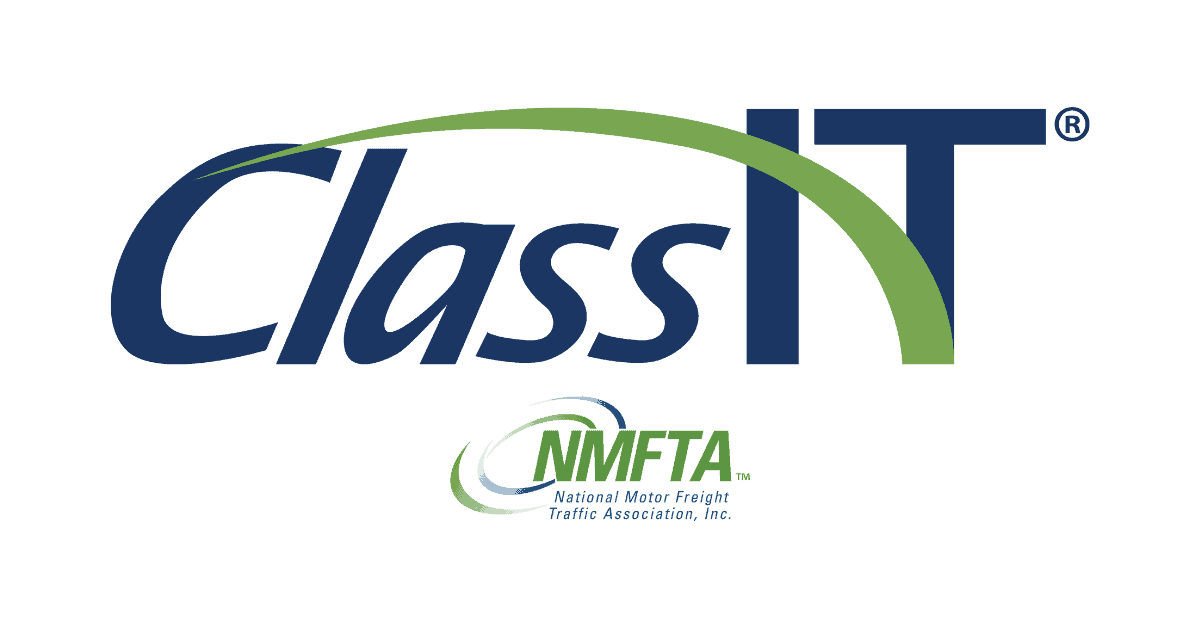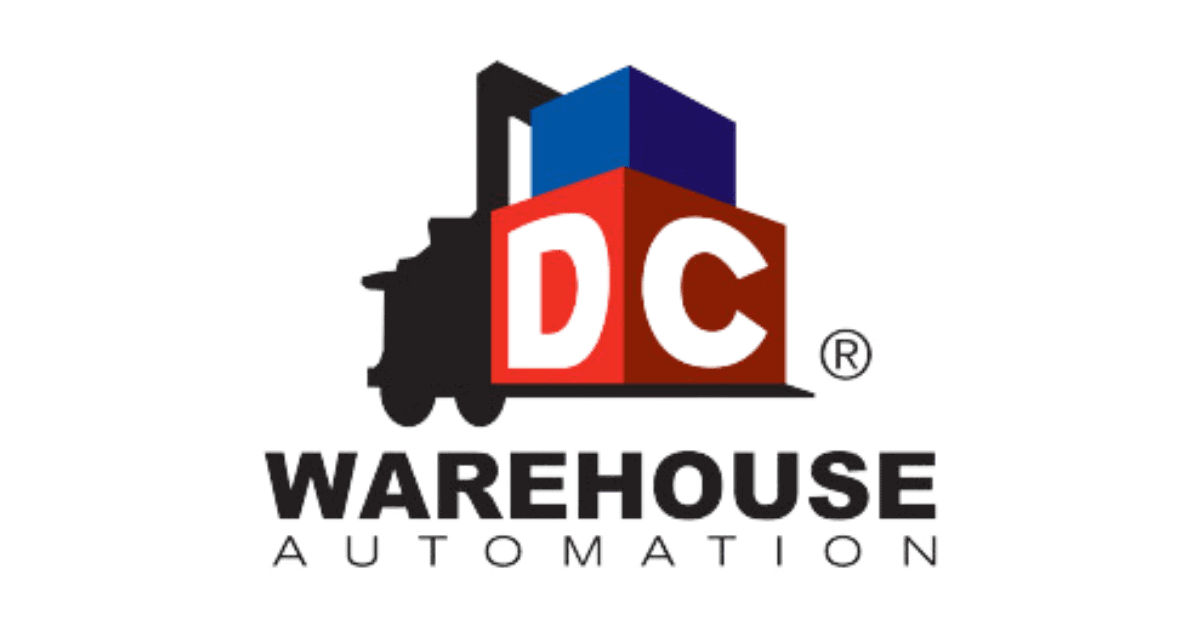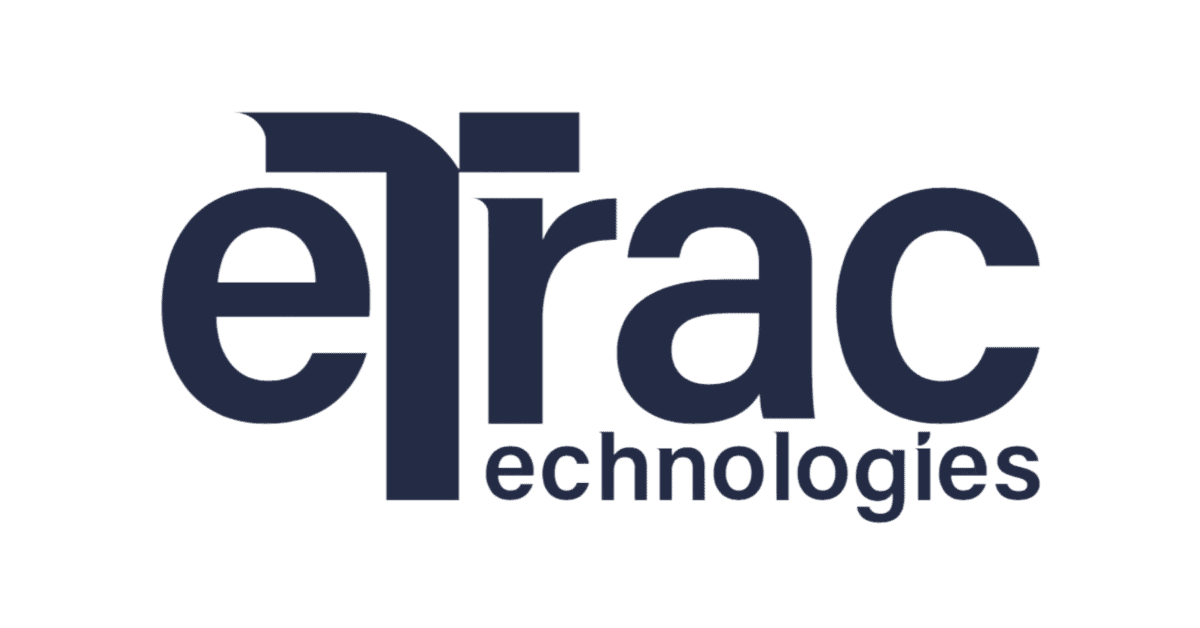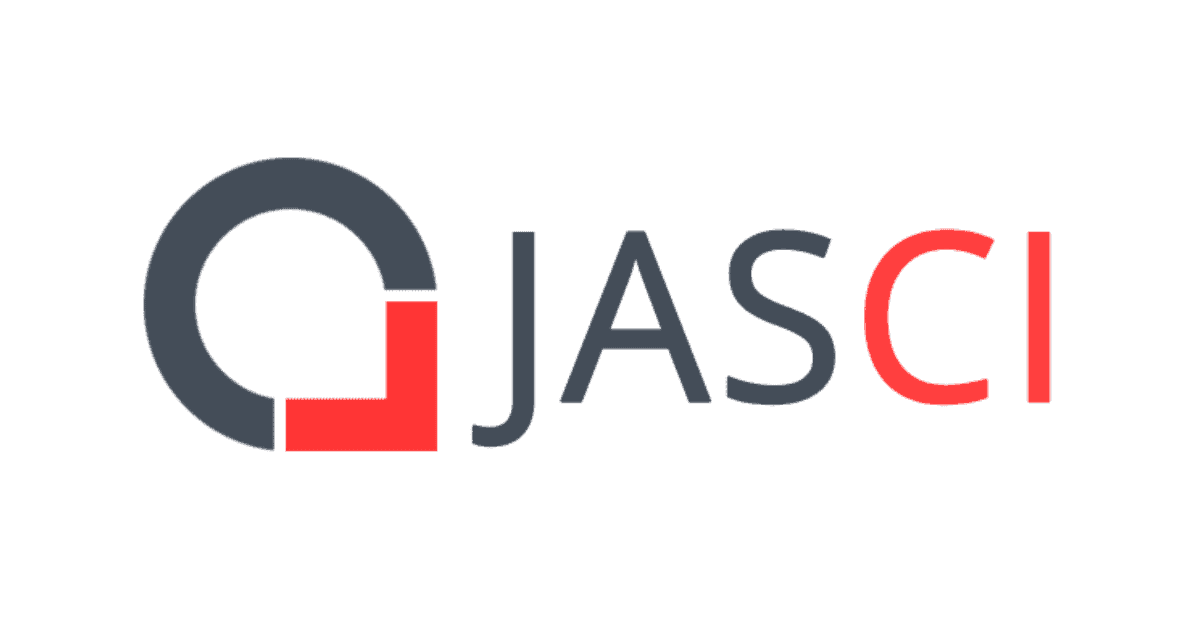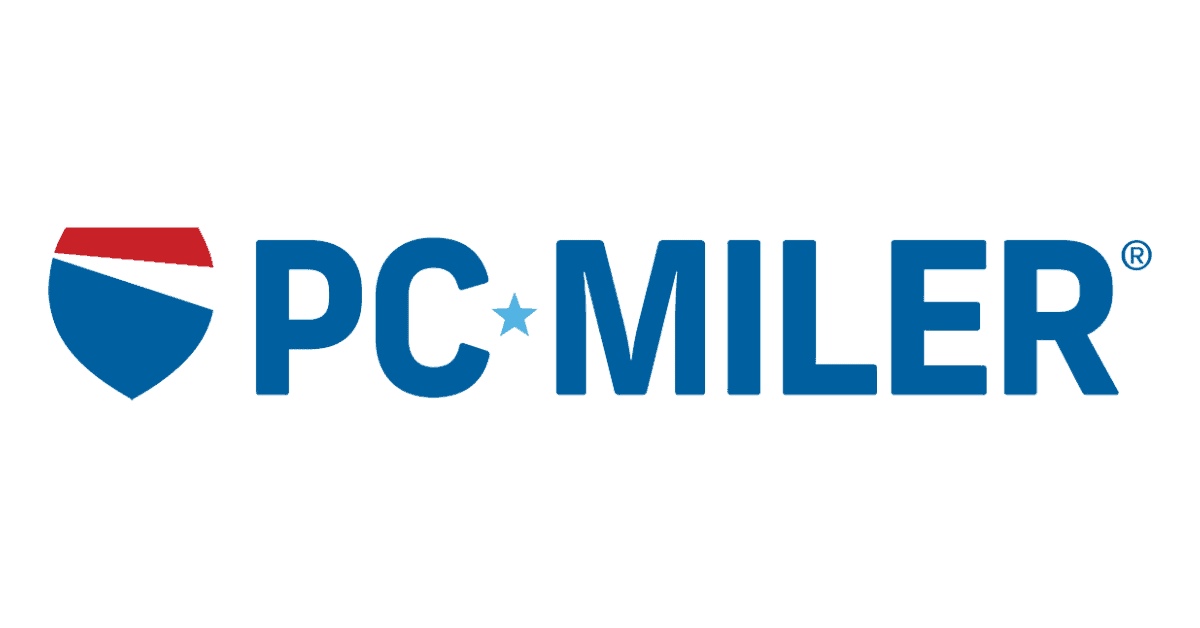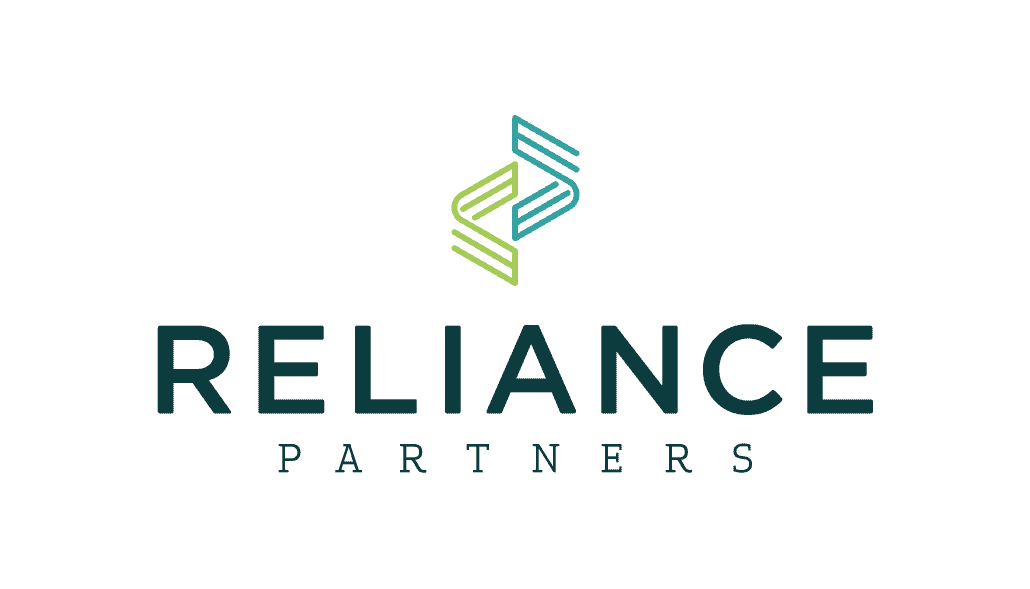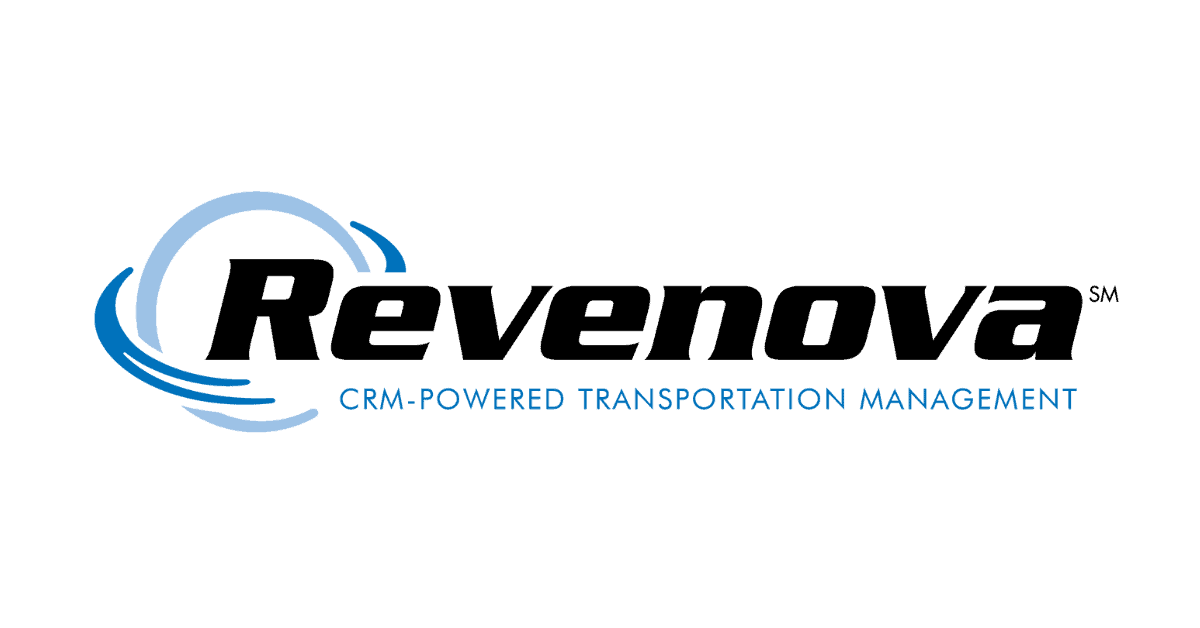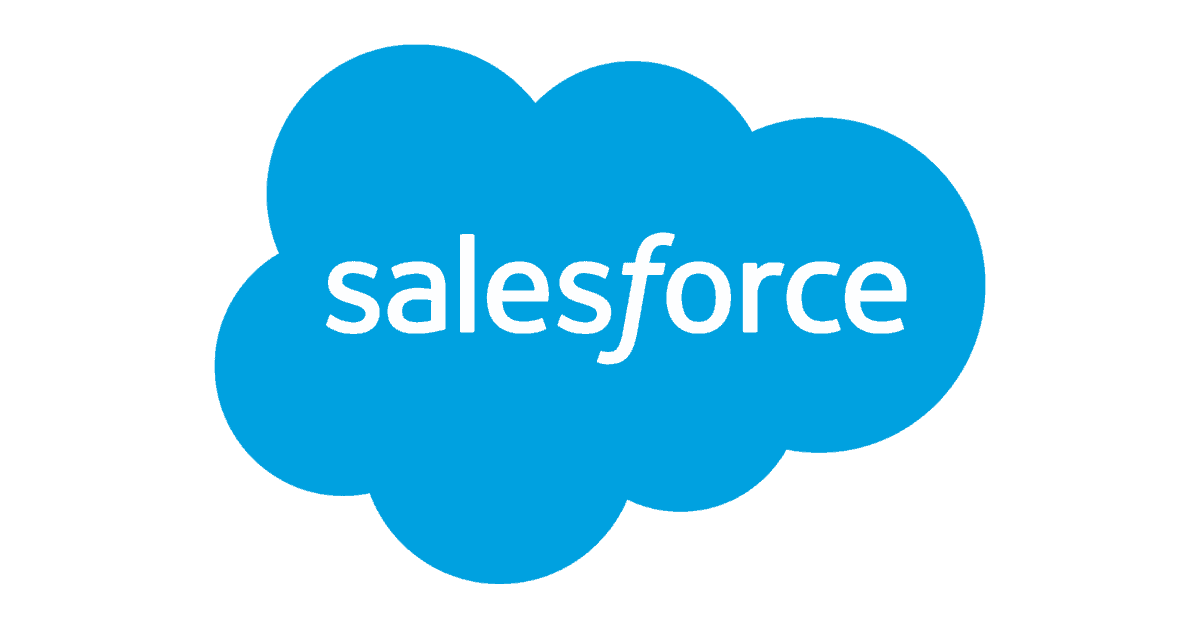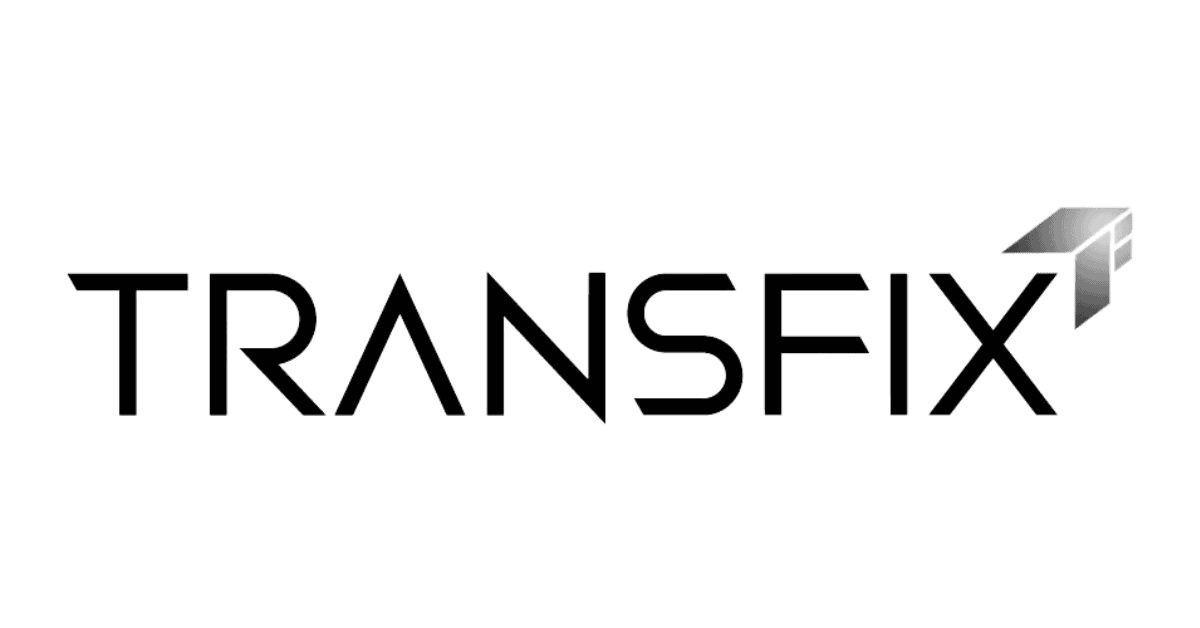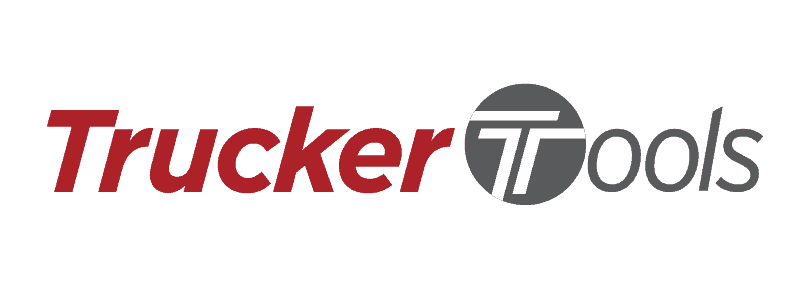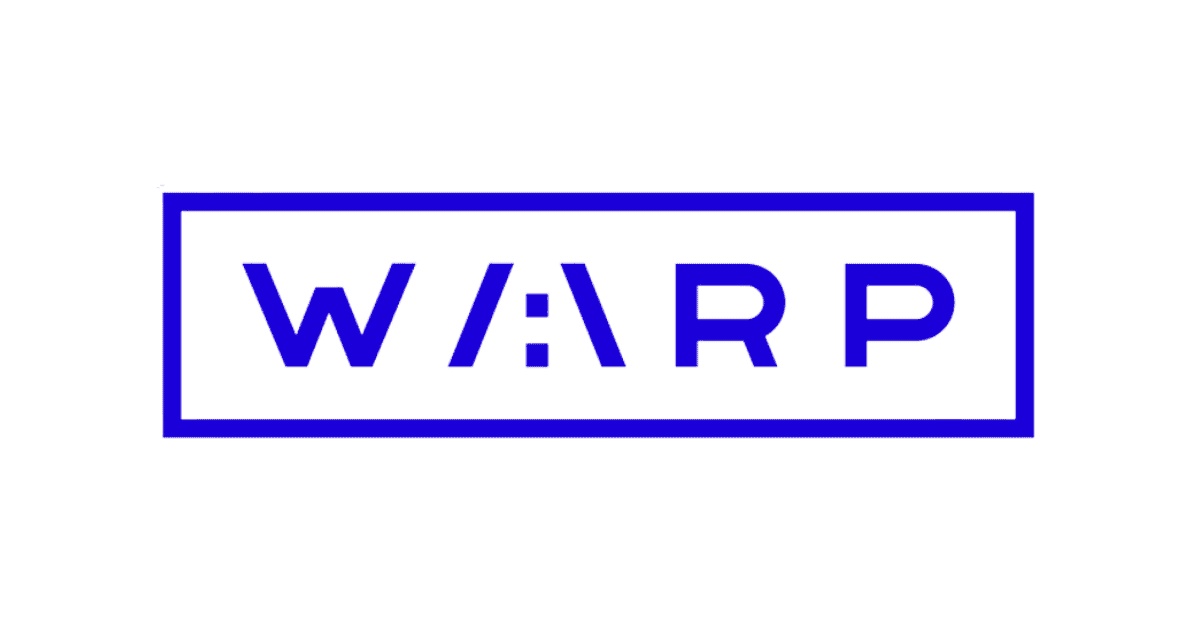- Open FAQ
- What are supply chain integrations?
Supply chain integrations refer to the process of coordinating and connecting various parts of the supply chain, including suppliers, manufacturers, distributors, and retailers, to streamline operations, improve efficiency, and increase visibility across the entire supply chain network. By integrating different functions and technologies, businesses can share information in real-time, reduce costs, respond faster to changes in demand, and improve overall supply chain performance.
There are several types of supply chain integrations:
- Vertical Integration This involves integrating different stages of the supply chain under one company. For example, a manufacturer might acquire a supplier or distributor to have more control over the production and distribution process.
- Horizontal Integration In this model, a company integrates with competitors or companies in the same stage of the supply chain. The goal is often to increase market share or reduce competition by merging with or acquiring similar businesses.
- Systems Integration This type of integration focuses on the technology side, connecting various software systems such as ERP (Enterprise Resource Planning), CRM (Customer Relationship Management), WMS (Warehouse Management System), and other tools to facilitate the flow of information and improve decision-making.
- Supplier Integration Businesses work closely with their suppliers by sharing real-time data on inventory levels, forecasts, and production schedules. This allows suppliers to better align their production and delivery schedules with the company's needs, reducing lead times and inventory costs.
- Logistics Integration This involves aligning the operations of transportation, warehousing, and distribution with the overall supply chain strategy. The goal is to ensure that products move efficiently from one stage to the next, reducing bottlenecks and delivery times.
- Customer Integration This involves integrating customer demand information into the supply chain planning process. By aligning production and inventory with actual customer needs, businesses can minimize stockouts, reduce excess inventory, and better meet consumer demand.
Benefits of Supply Chain Integration
- Improved Communication: Real-time data exchange enhances collaboration between different players in the supply chain.
- Cost Reduction: Streamlining processes and minimizing waste lead to lower operational costs.
- Increased Efficiency: Automation and improved coordination can speed up production and delivery times.
- Better Visibility: Integrated systems provide end-to-end visibility across the supply chain, enabling better decision-making.
- Enhanced Customer Satisfaction: More responsive supply chains can meet customer demands more accurately and quickly.
In modern supply chains, digital transformation and the use of advanced technologies (like IoT, AI, and cloud computing) are key drivers of integration, enabling seamless data flow and better predictive analytics to optimize operations.
- What are the four elements of supply chain integration?
Supply chain integration involves aligning and coordinating processes, systems, and relationships across the supply chain to optimize performance and value creation. The four key elements of supply chain integration are:
- Information Integration
- Description:Seamless sharing and management of data across the supply chain to enhance decision-making.
- Key Practices:
- Real-time data exchange
- Use of advanced technologies like ERP (Enterprise Resource Planning) and IoT
- Collaborative forecasting and planning
- Benefits: Improved visibility, better demand forecasting, and reduced uncertainties.
- Process Integration
- Description: Aligning and coordinating internal and external processes for efficiency and consistency.
- Key Practices:
- Standardization of processes across partners
- Collaborative product development and inventory management
- Joint problem-solving and innovation
- Benefits:Streamlined operations, reduced waste, and faster time-to-market.
- Relationship Integration
- Description:Building strong partnerships and trust among supply chain members.
- Key Practices:
- Long-term partnerships and strategic alliances
- Transparent communication
- Shared goals and metrics
- Benefits: Enhanced collaboration, reduced conflicts, and mutual growth.
- Technology Integration
- Description:Leveraging technology to enable connectivity and efficiency across the supply chain.
- Key Practices:
- Adoption of automation, AI, and machine learning
- Cloud-based platforms for supply chain management
- Cybersecurity measures to protect data
- Benefits:Improved accuracy, efficiency, and adaptability.
These elements work together to create a cohesive and responsive supply chain capable of meeting customer demands efficiently and effectively.
- Information Integration
Strategic Logistics Integrations
Banyan Technology offers unparalleled value through LIVE Connect®, the premier platform for real-time Carrier connectivity and comprehensive supply chain integrations. Unlike traditional partnerships, our platform focuses on strategic integrations that empower businesses to unlock efficiency, visibility and control in their logistics operations.
Banyan’s integrations go beyond simple connections — they are the foundation for smarter decision-making, streamlined workflows and enhanced customer satisfaction. Businesses gain access to more Carriers, modes and features than any other platform in the industry.
Learn More About Our Partner ProgramBanyan’s Integrated Partners
Banyan’s LIVE Connect® platform integrates with leading software solutions to enhance data accessibility, enable seamless end-to-end freight execution and streamline logistics technology stacks. By partnering with industry-leading technology solutions, Banyan is able to offer its Clients comprehensive, unified access to tools that optimize shipping workflows, reduce operational complexity and improve decision-making.
Explore our network of Integrated Partners by clicking on the logos below.
What Our Partners Say
Partner News
Banyan announced the next phase in its platform evolution through a new partnership with CloneOps.ai, a pioneer in AI-driven logistics innovation
Banyan Technology has announced an integration with Highway, the leading provider of Carrier Identity Solutions®
The partnership brings sets a new standard for secure, efficient and advanced freight management solutions
An integration of Shiplify's accessorial identification platform into Trinity Logistics' operations via Banyan's LIVE Connect® software has enhanced billing accuracy
An integration with the cloud-based FreightClaims.com platform will allow Clients to manage claims anywhere
The partnership aims to reduce delivery issues and improve billing accuracy, marking a significant advancement in freight management
Frequently Asked Questions
Ask our experts now. Send us a message and our team will gladly reach out to you.
Contact Us

